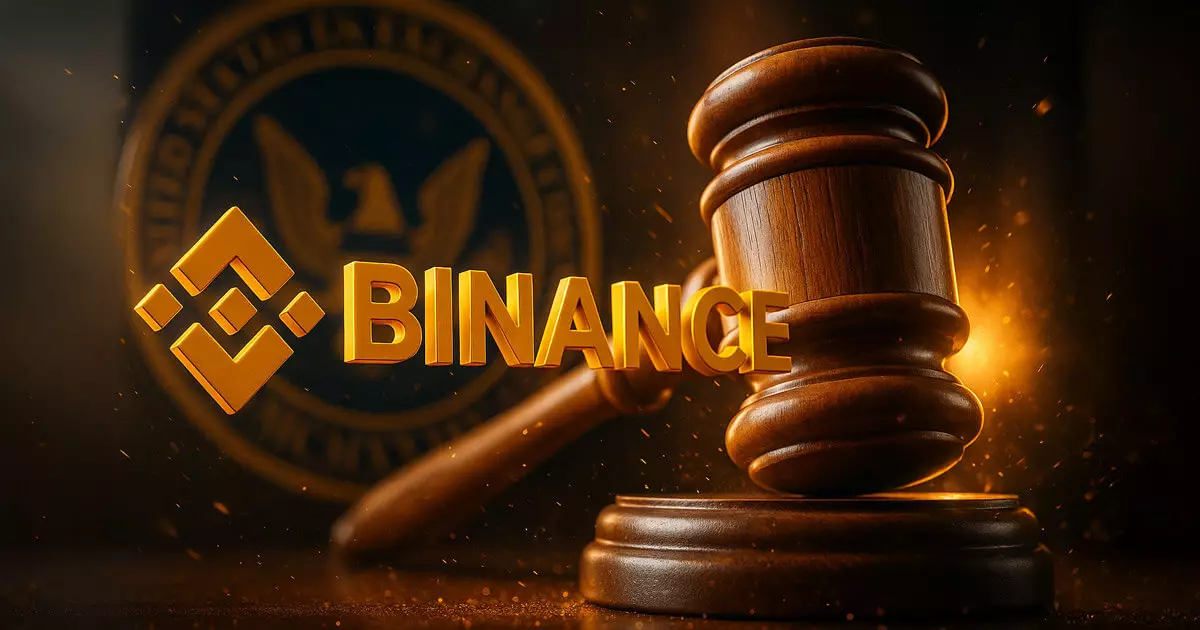Binance’s current negotiations to potentially eliminate its compliance monitor reflect a troubling tendency among major crypto players to prioritize profits over accountability. The company’s desire to shed external oversight is less about genuine reform and more about the illusion that it can self-regulate effectively. Such a move dangerously undermines anti-money laundering efforts and sets a worrying precedent that corporations can dodge accountability simply by negotiating with regulators. If Binance succeeds in removing its monitor, it sends a message that even the most egregious lapses—like facilitating money laundering—are manageable through political concessions rather than meaningful change.
The Political Landscape and Regulatory Ambivalence
This shift in enforcement posture under the Trump administration’s influence underscores a broader political trend: a tendency to weaken oversight mechanisms that curb corporate misconduct. The DOJ’s current stance, which questions the value of monitorship, reflects a belief that government oversight may hinder business agility. But in the crypto industry, where opacity often masks illegal activity, this approach is perilous. The decision to possibly let Binance off the hook without a robust independent oversight echoes the failure of past regimes to regulate emerging financial technologies proactively. It reveals a dangerous complacency that could embolden other crypto firms to flout regulations, thus eroding investor trust and potentially facilitating large-scale financial crimes.
The False Promise of Cost Savings and Efficiency
Proponents of removing compliance monitors often cite the high costs and operational burdens they impose. But this perspective reveals a shortsighted view—security and integrity are investments, not luxuries. Binance’s $4.3 billion settlement was a clear acknowledgment of its past failures; abandoning oversight mechanisms now risks a repeat of those violations. Moreover, the figures from companies like Glencore, which spent hundreds of millions on monitors, demonstrate that such costs should be viewed as necessary investments in transparency and legality. Shedding oversight at the expense of integrity risks opening the floodgates for illicit behavior, which could ultimately cause far greater financial and reputational damage.
The Crypto Industry’s Reckoning is Postponed
Binance’s close ties to powerful political figures and allegations of involvement in controversial financial ventures highlight the industry’s need for genuine reforms rather than superficial fixes. The silence from regulators on this front suggests a concerning willingness to tolerate suspicious ties and potential malpractices, especially when the industry’s economic influence is growing. The ongoing political favoritism, such as the SEC’s paused investigations, exemplifies a double standard—promoting the industry’s expansion while turning a blind eye to its potential for abuse. This de facto leniency could set the stage for a future where regulations are more about optics than substance, leaving the door open for widespread misconduct.
Binance’s drive to weaken or eliminate compliance oversight is symptomatic of a broader failure within the financial regulatory landscape—a failure that prioritizes corporate profits over the stability and integrity of the financial system. Such shortsightedness risks ushering in an era of unchecked misconduct, threatening not just industry credibility but the very foundations of responsible financial conduct in the digital age.

